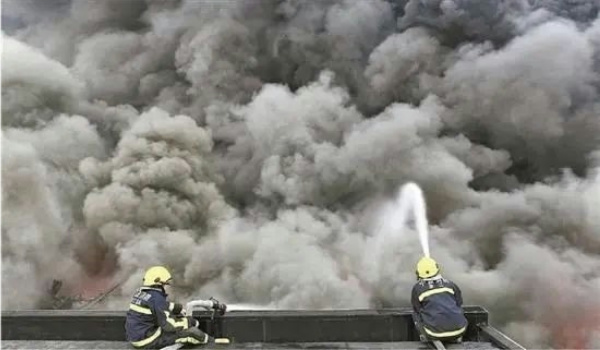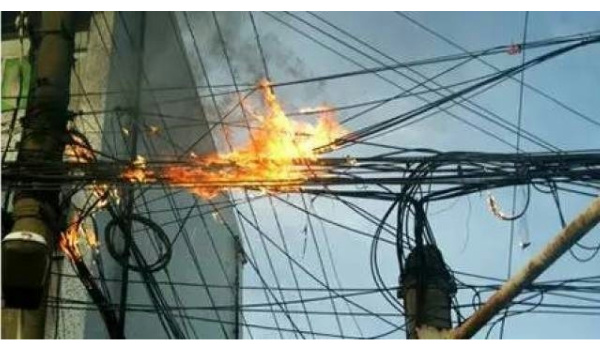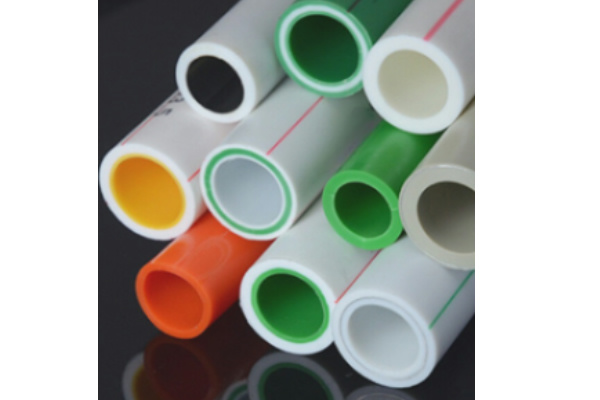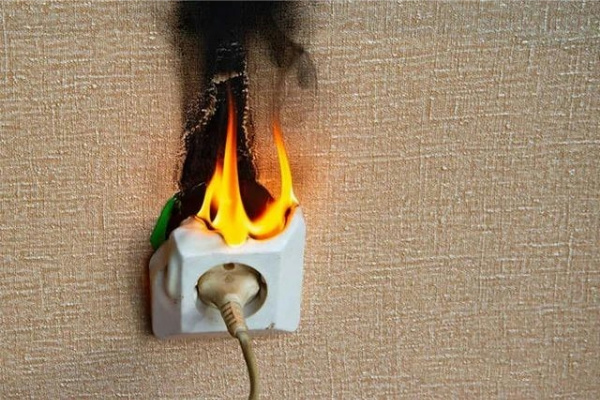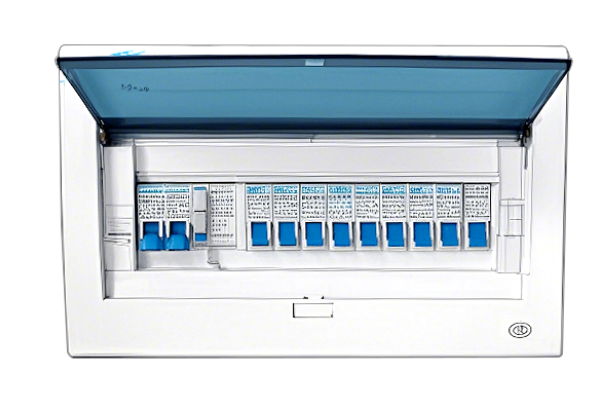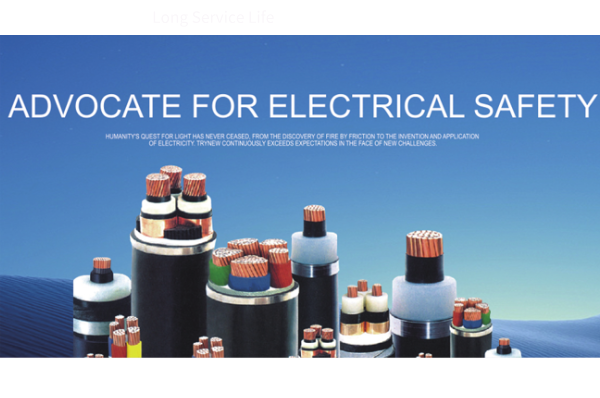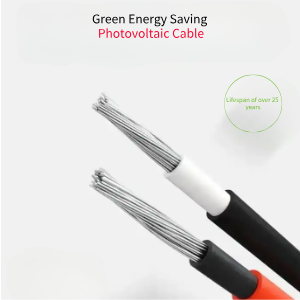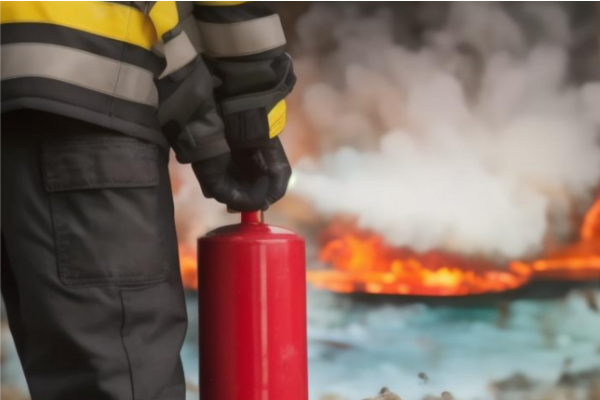Smart Home Appliance Hacks You've Never Heard Of
Household appliances make our lives more convenient, but improper use may also lead to fires. According to statistics, nearly 30% of home fires are caused by electrical malfunctions. Mastering proper electrical knowledge not only saves energy and money but also ensures the safety of your family.

Overloading Circuits with High-Power Appliances
When multiple appliances are used simultaneously, Electrical Wires may overheat—especially in older homes where wiring may not handle heavy loads. Critical appliances (e.g., air conditioners, water heaters) should be plugged directly into a dedicated wall outlet, not shared with other devices via a power strip. If an appliance produces unusual noises, odors, or heat, it may indicate a malfunction. Immediately turn off and unplug the appliance, and consult a qualified electrician for inspection and repairs if needed.

Phone Charging Safety Tips
Many people often leave their phones charging overnight or place them near their pillows while sleeping. However, low-quality chargers may overheat and potentially catch fire during extended charging periods. To minimize risks:
- Always use certified chargers from reputable brands.
- Unplug them once fully charged.
- Avoid charging your phone on bedding while sleeping.
Danger of Old or Worn-Out Outlets
Outlets used for years may loosen over time, causing poor contact when plugged in. This can generate excessive heat and pose a fire hazard. Replace the outlet immediately if it feels loose, becomes hot during use, or shows scorch marks.

Smart Electricity Usage Tips
1.The Correct Way to Turn Household Appliances On and Off
Many people directly unplug devices like TVs and computers to turn them off, which can easily damage the equipment. The proper method is to first power off the device using the remote control or power button, wait for a short period, and then unplug it. This practice helps prolong the lifespan of your devices.
2.Protecting Appliances from Lightning Strikes
During thunderstorms, lightning can travel through power lines into homes and damage electrical devices. It is advisable to unplug important appliances during lightning storms, especially high-value equipment such as televisions, computers, and similar electronics.
3.Power Strip Safety Guidelines
Avoid connecting multiple high-wattage appliances to a single power strip simultaneously. Kitchen appliances such as rice cookers, microwaves, and electric kettles should be plugged into separate outlets to prevent overloading from simultaneous operation. Regularly inspect power strips for signs of overheating or deformation, and replace them immediately if any abnormalities are detected.
4.Ground Fault Protection Installation
Installing a Residual Current Device (RCD) automatically cuts off power during electrical leakage to prevent shock hazards. It is recommended to opt for a Type F RCD. Though higher in cost, its superior compatibility ensures comprehensive protection for all types of household appliances.
5.Appliance Placement for Proper Ventilation
Electrical devices should be spaced apart to allow adequate heat dissipation. For refrigerators, maintain a 5-10 cm (2-4 inches) clearance from walls. Televisions should also be positioned at a safe distance from other appliances. Effective ventilation prevents overheating and potential malfunctions in equipment.
6.Bathroom Electrical Safety Precautions
Due to the high humidity in bathrooms, electrical usage carries inherent risks. Always avoid operating hair dryers with wet hands. Washing machines should be installed in well-drained areas. Waterproof outlets (e.g., IP44-rated) are strongly recommended for bathroom installations, and appliances must be unplugged immediately after use.
7.Energy-Saving Tips: Cut Standby Power Consumption
Appliances like TVs, set-top boxes, and routers continue to draw electricity in standby mode, potentially adding hundreds of yuan to annual energy bills. To significantly reduce waste, fully power down unused devices. This practice is strongly recommended before extended absences (e.g., vacations) or overnight periods.
8.Selecting High-Quality Electrical Wiring
The choice of Electrical Cables during renovation critically impacts long-term safety and maintenance costs. Standard cables typically have a service life of less than 15 years. For homes older than 10 years, regularly inspect wiring for aging and replace with fire-resistant (FR) cables certified to IEC 60754 when necessary. The TRYNEW Artisan Series wires reduce energy loss by 3% compared to conventional wiring, delivering significant cost savings over time.
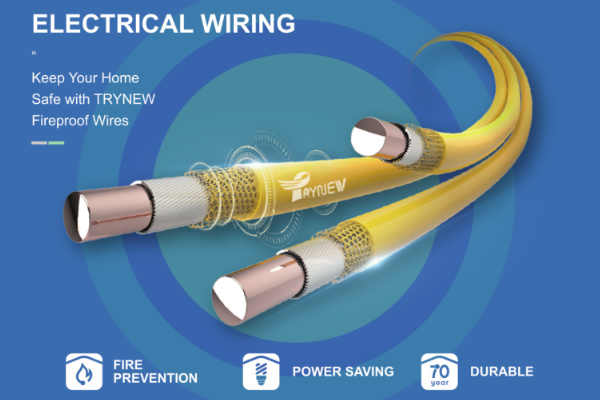
Fire-resistant cables provide critical flame-retardant properties while extending emergency evacuation time. TRYNEW's premium LSZH (Low Smoke Zero Halogen) fire-resistant cables feature:
-
High-Performance Conductors: Engineered to IEC 60228 standards for superior conductivity, minimizing heat buildup.
-
Toxic Gas Prevention: Halogen-free composition eliminates toxic fumes (major cause of 70% fire-related fatalities) during combustion, complying with IEC 60754-1 gas emission limits.
-
Visibility Optimization: Ultra-low smoke density (<15% light obscuration per IEC 61034 smoke density tests) ensures clearer escape routes.
Choose Chuangyuan Fire-Resistant Cables — Powering Peace of Mind.


